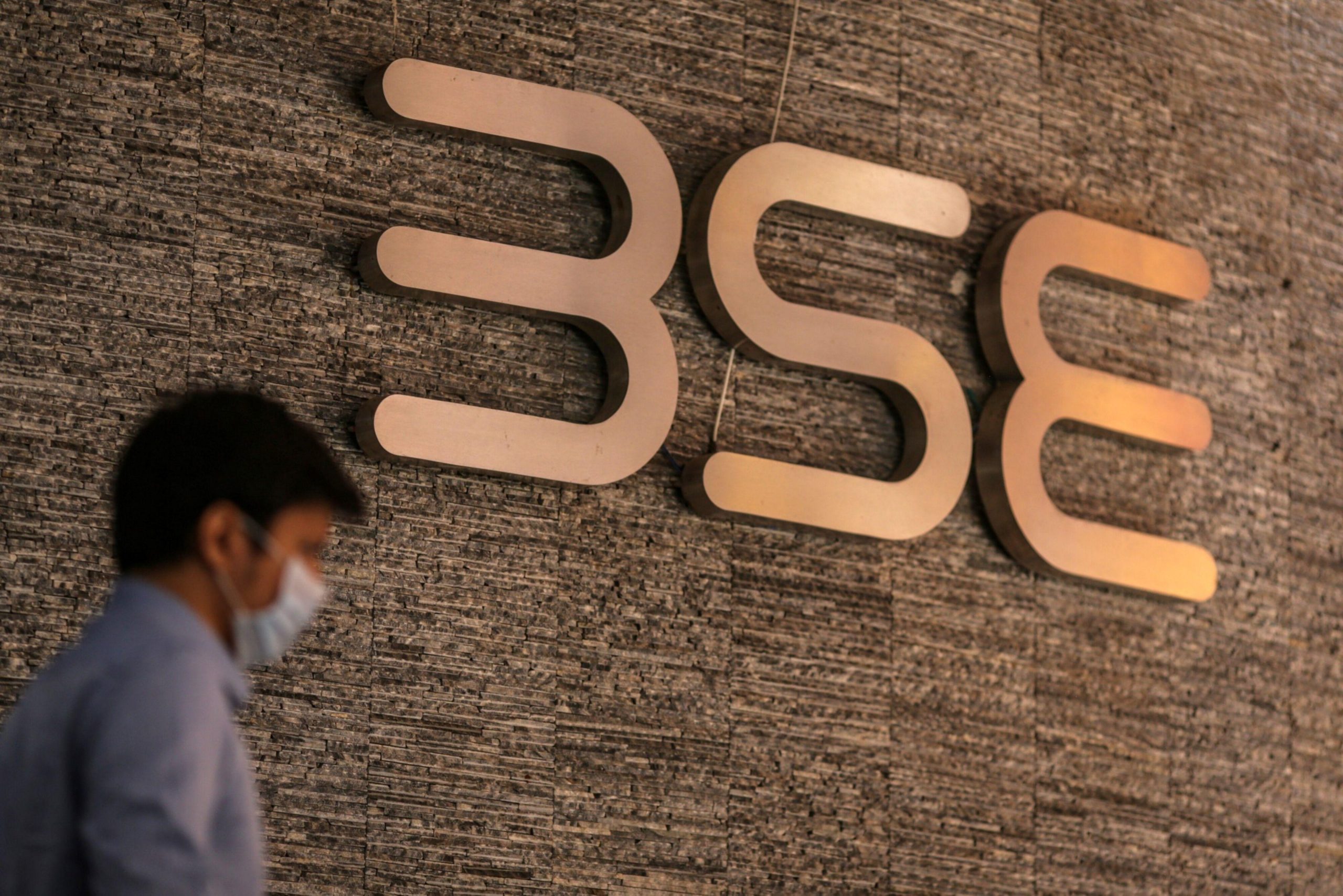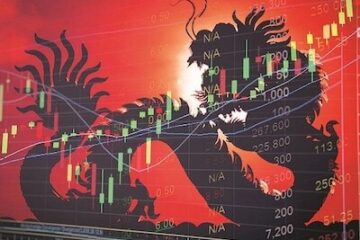The shares of BSE closed at an all-time high of Rs 1,695 apiece on Monday — recording a jump of nearly 7 per cent. The surge came on the back of the exchange’s revision in its transaction charges for Sensex Options, which will be effective from November 1.
The exchange said the charges for all other equity derivative contracts would remain unchanged.
In October so far, the average daily turnover (ADTV) for BSE Sensex Options has been at Rs 23,616 crore — over four-fold jump since July, when it stood at Rs 5,617 crore. However, this still is only a fraction of the volumes seen on NSE Index Options.
After revision, transaction charges for Sensex Options will start from Rs 500 per crore for the slab of up to Rs 3 crore monthly turnover, the highest being Rs 3,750 per crore for the slab between Rs 3 crore and Rs 100 crore monthly turnover of the trading members.
“Premium-based turnover on these nearest-expiry contracts shall be calculated on a daily basis and cumulated at the end of the month. Transaction charges shall be levied based on the slab on an incremental turnover basis on cumulative turnover at the end of the month,” said BSE.
The shares of BSE have seen an exponential jump since the relaunch of the Sensex and Bankex derivatives contracts in May with smaller lot sizes and weekly expiries. The stock price has grown over 213 per cent this year.
With the relaunch, the BSE kept its pricing at only a fraction of that of the NSE to attract more traders towards its platform. The efforts to revive its hold in the segment led to active clients on the BSE’s derivatives platform to 400,000 from nearly zero in June 2023.
However, last week HDFC Securities in its report pointed out that BSE would increase its prices, which would underpin its revenue growth going ahead.
“The BSE option pricing is currently one-seventh of the NSE, which is not sustainable. We expect the pricing reset to happen soon and have increased options pricing by about 3 times; still, it’s at 57 per cent discount to the NSE. Assuming a premium market share of about 9 per cent in FY26 (estimated) and a pricing increase, derivatives will account for about 25 per cent of the BSE’s total revenue, 35 per cent of earnings before interest, tax, depreciation, and amortisation (Ebitda) and 75 per cent of incremental growth. We expect revenue growth at a compound annual rate of about 26 per cent and earnings per share growth at 31 per cent over FY23-26 (estimated), led by a revival in transaction revenue,” said the HDFC Securities note.

Note:- (Not all news on the site expresses the point of view of the site, but we transmit this news automatically and translate it through programmatic technology on the site and not from a human editor. The content is auto-generated from a syndicated feed.))



